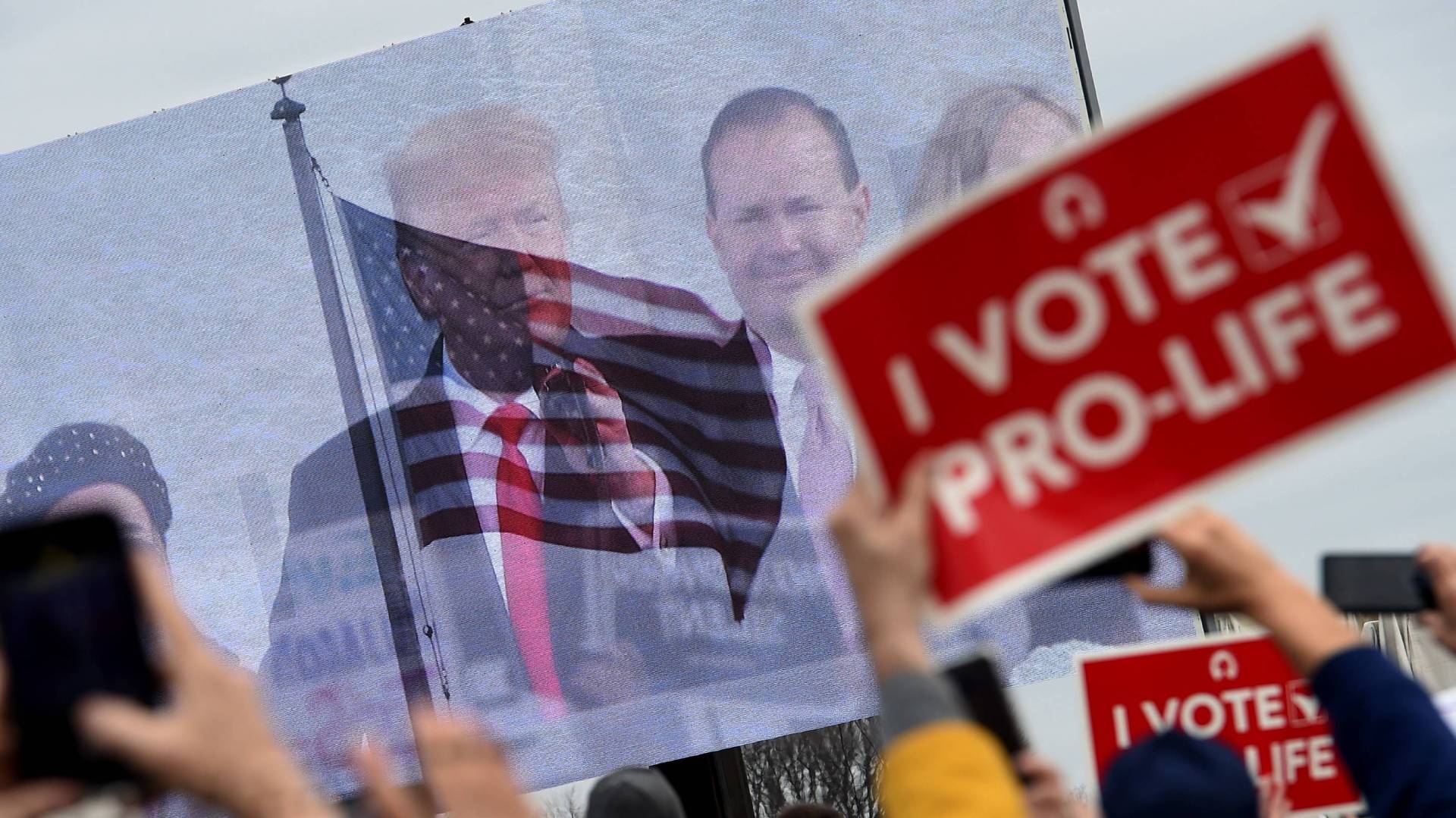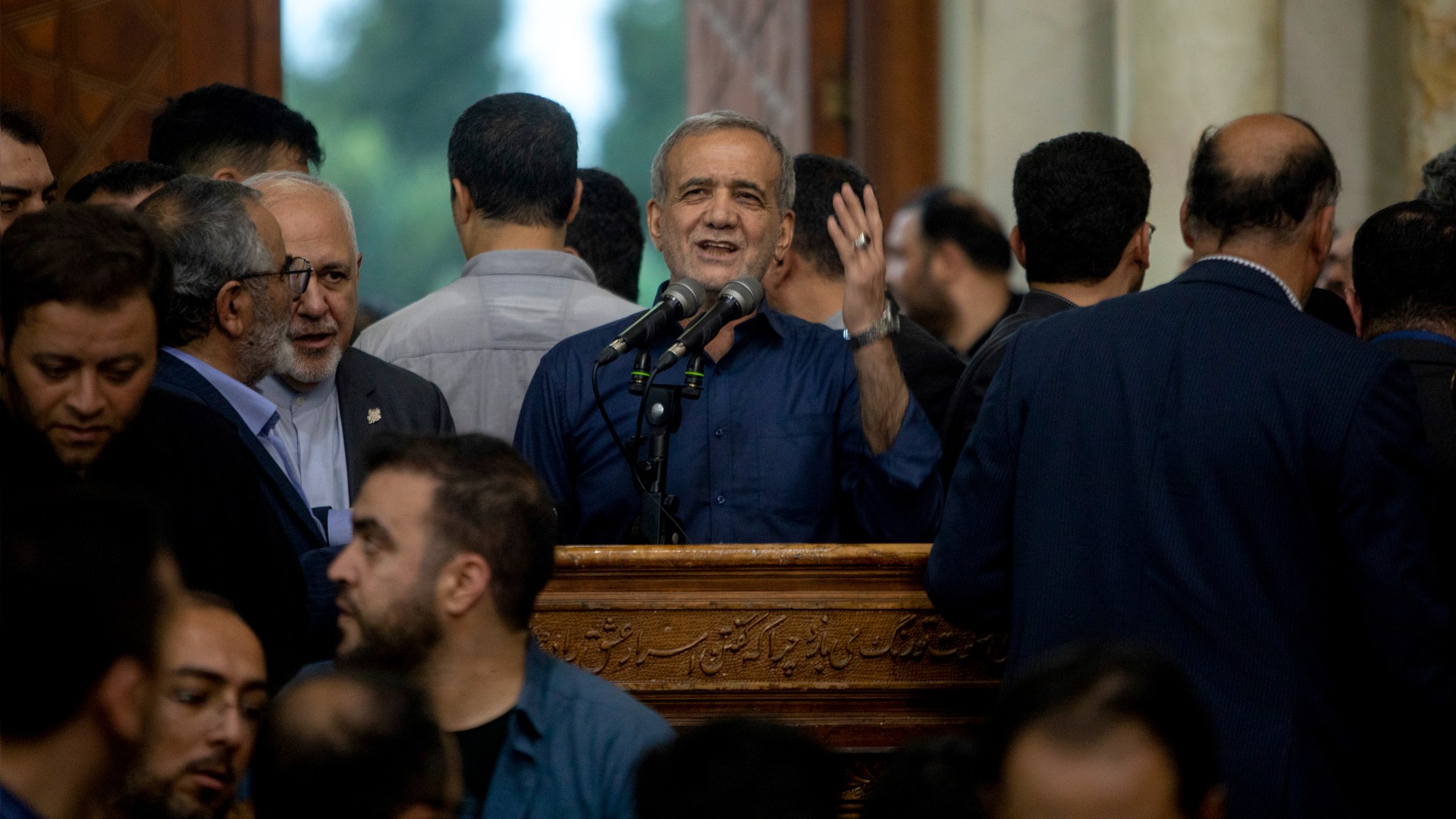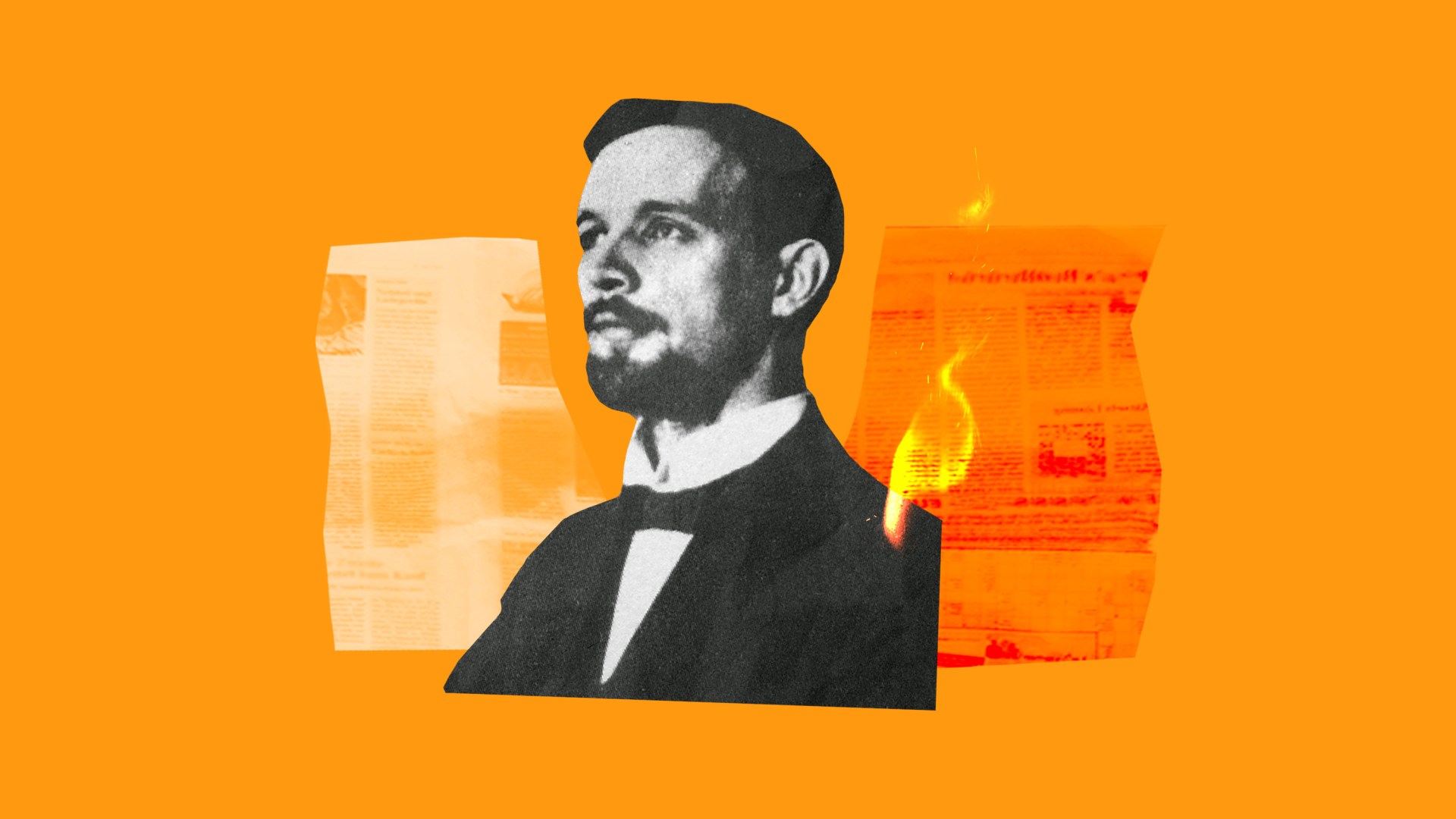The new Republican National Convention platform endorsed by Donald Trump is missing the strong pro-life stance evangelicals have come to expect from the GOP.
Instead of calling for a concerted national push to curtail abortion, as the official party platform has done for the past 40 years, the new document removes that language and deems the matter best left to individual states to decide.
Even evangelical leaders who had been split over Trump have joined together in a chorus of criticism and disappointment.
“A moment when the abortion industry has been knocked on its heels is no time to shrink from a full-throated commitment to protecting preborn lives,” Brent Leatherwood, president of the Southern Baptist Convention (SBC)’s Ethics and Religious Liberty Commission, told Politico.
He wrote for Religion News Service that Republicans’ actions suggest they see abortion as “too politically fraught and prefer to run from a defense of the sanctity of life altogether.”
Clint Pressley, a North Carolina megachurch pastor who has recently been elected SBC president, wrote on social media that he is “disheartened” by national Republicans.
“The GOP platform may be subject to change, but God’s word is not,” he said. “Southern Baptists ‘contend for the sanctity of all human life from conception to natural death’ and will insist that elected officials do the same.”
The change in the proposed Republican platform reflects a shift toward Trump’s stance on the issue. He’s carved out a middle-of-the-road approach while on the campaign trail, saying the issue should be left to the discretion of the states. During the recent presidential debate, he also voiced support for the Supreme Court’s decision upholding access to the abortion drug mifepristone.
The life issue has been viewed by some on the right as an electoral liability since the high court overturned Roe v. Wade, which conferred a constitutional right to an abortion, in its 2022 Dobbs v. Jackson Women’s Health Organization decision. Congressional Republicans have also distanced themselves from support for a national abortion ban, according to NOTUS reporter Haley Byrd Wilt.
The new platform document takes a softened approach on many social issues and is less detailed overall on exact policies than previous versions. The platform reflects key campaign issues for Trump, such as addressing inflation, calling for tariffs on trade, and a tough stance on immigration that, while light on specifics, calls for mass deportations.
In 2020, Republicans chose not to write a new party platform, merely carrying over the 2016 platform. For the past two campaign cycles, the platform devoted over 700 words to abortion and the life issue. It endorsed the “sanctity of human life,” weighed in on policy specifics such as congressional legislation and court decisions, and pledged that the GOP would seek a federal abortion ban that limited the procedure after 20 weeks gestation.
In contrast, the considerably pared-down platform for 2024 gives the issue 110 words. The new platform argues that the 14th Amendment, which says that states may not deprive any person the right to life, liberty, or property without due process, means “the states are, therefore, free to pass laws protecting those rights.”
The document goes on to voice opposition to “late term abortion”—the only time the word abortion is used—and says the Republican Party will support policies that support mothers and prenatal care, as well as access to birth control and in vitro fertilization (IVF).
“This is pro-choice language, in keeping with Trump’s pro-choice position. The sleight of hand is that it seems to claim the 14th Amendment applies to the unborn. But if the GOP believes that’s true, then the federal government, not just the states, has a duty to protect life,” wrote Joe Carter, in a piece for The Gospel Coalition. “The platform does no such thing. It gives broad support for IVF (even when it causes the death of a child) and only lists opposition to late-term abortion.”
On Monday, the platform committee approved the new document behind closed doors in an 84–18 vote. The New York Times also reported that Trump was laser focused on watering down the language on abortion.
Family Research Council president Tony Perkins, who was a member of the platform committee, called the process “choreographed” in a statement and said it allowed for “no amendments to be discussed and voted upon.”
He said that delegates had to vote on the platform the same day they received it, without sufficient review time, and were only afforded a few minutes for discussion before the vote was taken.
Perkins is among a group on the platform committee that submitted a minority report arguing for stronger language on the abortion issue. The report calls for the addition of a “human life amendment,” arguing for language that better reflects the long-standing GOP position on abortion.
Family Research Council is also part of a recently launched initiative called the Platform Integrity Project, which seeks to preserve a strong stance on the “pro-life, pro-family, and pro-freedom” elements of the GOP platform.
It’s unclear whether delegates like Perkins will have a chance to address the issue at next week’s Republican National Convention in Milwaukee, where the platform will be adopted.
In past years, Republican activists have been able to shape the party’s platform in ways that at times deviated from the presumptive nominee’s own statements. But that process has changed during the Trump years. The Wall Street Journal reported that, this year, Trump edited the document prior to its presentation to the platform committee.
Some pro-life activists refrained from criticizing the new platform. Marjorie Dannenfelser, president of Susan B. Anthony Pro-Life America, said in a statement that “it is important that the GOP reaffirmed its commitment to protect unborn life today through the 14th Amendment. … The Republican Party remains strongly pro-life at the national level.”
The platform also dropped language condemning the Supreme Court’s 2015 Obergefell v. Hodges decision that legalized same-sex marriage and omitted references to “traditional marriage.”
It instead addresses transgender issues at several points: “We will keep men out of women’s sports, ban taxpayer funding for sex change surgeries, and stop taxpayer-funded schools from promoting gender transition, reverse Biden’s radical rewrite of Title IX education regulations, and restore protections for women and girls,” the document reads.
“Any effort to weaken the Republican Party’s commitment to life and marriage would be a mistake,” Missouri GOP Sen. Josh Hawley said.
“On abortion, many states are becoming a black hole for the most vulnerable. Donald Trump won the 2016 election on the GOP’s most pro-life platform in US history. It’s both bad politics and wrong morally to weaken the party’s commitment to the most vulnerable,” Aaron Baer, president of the Ohio-based Center for Christian Virtue, told CT.
“For all those consoling themselves that the GOP is still better than the alternative on abortion, keep in mind that being a little less pro-choice than the Democrats is not a pro-life position,” Southern Baptist Theological Seminary professor Denny Burk commented.
In an article for World, Burk wrote that “pro-lifers understood the deal they were making in 2016 when they turned out to vote for the Republican candidate,” referencing Trump’s pledge to appoint justices that would overturn Roe v. Wade.
“But now it looks as if Trump is altering the deal for his possible second term—a deal that has eviscerated the pro-life plank of the Republican Party platform,” Burk wrote.
The economy tends to be the top priority for American voters, though many pastors list a candidate's position on abortion and religious freedom as top factors in their vote.
Some social conservatives see the change as frustrating to the point where they’re considering withdrawing their support for Trump altogether.
“Dear GOP, I’ve said for years that I won’t vote for any politician, or support any party, that doesn’t stand fully against abortion from conception until birth. That’s not going to change in 2024,” Greg Gilbert, pastor of Third Avenue Baptist Church in Louisville, said on the social platform X. “How many voters like me are you comfortable losing?”



















































